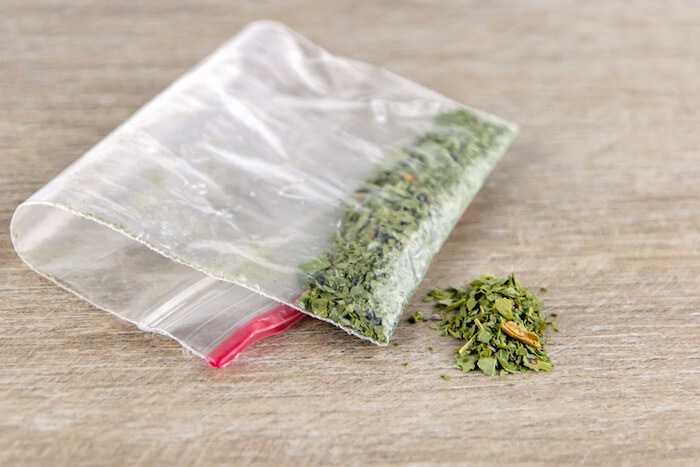If you’re concerned about a loved one or just want to know more about how to recognise the signs and symptoms of addiction, we have put together this guide to help you. But it’s important to remember that the warning signs and symptoms of addiction vary based on the substance and a person experiences.
Nevertheless, numerous symptoms and warning signs are shared by virtually every kind of addiction. Common early signs of addiction are especially hard to detect, as many people retain a relatively normal life when they first engage in substance abuse. It is exceedingly challenging to overcome an addiction without assistance and advice from professionals. If you have concerns about someone or are living with an addict, it’s crucial to talk to them.
At Step by Step Recovery, we provide stays at a residential rehab in Essex, along with free advice on coping with and treating addiction. Please fill out our online evaluation form or call 0800 170 1222 for free, confidential assistance.
Early Signs of Addiction
Early signs of addiction will also apply to addiction as it progresses. Often at the start of an addiction, the signs and symptoms can be confused for other issues or illnesses. Keeping a diary of the below symptoms of addiction can help you to establish a pattern, which can be useful in establishing the progression of substance abuse.
Addiction-Related Psychological Symptoms
- Mood swings
- Paranoia
- Defensiveness if asked about substance use
- Agitation and irritability
- Inability to concentrate or focus
- Poor decision-making and risky behaviour
- Memory problems
- Low self-esteem and self-worth
- Depression and anxiety.
Please also bear in mind that these symptoms may also be signs of mental health conditions.
Physical Symptoms of Addiction
- Inattention to physical appearance and, or personal hygiene
- Sleep disturbances, including insomnia
- Fluctuations in appetite
- Reduction in appetite and weight loss as a result
- Bloodshot eyes
- Sweating without cause
- Stomach issues
- Headaches
- Regular nose bleeds.
Behavioural and Social Symptoms of Addiction
- Dishonest or secretive behaviour
- Poor work or school performance and/or attendance
- Neglecting daily responsibilities
- Avoiding socialising
- Loss of interest in formerly important activities, hobbies, or events
- Continuing to consume the substance in spite of the negative repercussions
- Attempting but failing to decrease or stop substance abuse
- Spending far more than usual or requesting financial assistance
- Problems with managing money, such as paying bills late
- Getting into trouble with the law
- New friend groups
- Disappearing for periods of time without explanation.
All of the above are warning signs of addiction, and as addiction progresses, symptoms are likely to become more obvious. That being said, there are additional social and behavioural symptoms that may indicate a progression of addiction, such as:
- Break down of relationships
- Loss of employment or dropping out of college or university
- Becoming homeless due to repossession or eviction
- Prosecution for drunk/drug driving, stealing or other illegal behaviour.
Typically, long-term substance abuse will also result in physical and psychological signs, including:
- Tooth loss
- Skin sores
- Matted hair
- Suicide attempts and self-harming
- Psychosis.
Addiction Paraphernalia
You may be tempted to go through someone’s belongings to look for alcohol, drugs or related paraphernalia, but this is not the best way to find out if they are using drugs or alcohol. However, it is worth being aware of items that may be left lying about that could indicate drug use or alcohol addiction, including:
- Empty plastic drink bottles
- Empty plastic sandwich bags
- Foil
- Broken pens
- Spoons
- Straws or paper tubes
- Small mirrors
- Balloons
- Steel wool
- Bottle caps.
Talking to a Loved One about Addiction
When you notice warning signs of addiction in someone you care about, the best thing you can do is to talk to them. This can feel very daunting and uncomfortable, but it could also be the most important thing you ever do for that person. Here are five things to keep in mind when approaching someone about addiction:
- Do not be accusing; simply explain the signs of addiction you have noticed.
- Use the phrase “I feel” while communicating remarks to show that you are taking responsibility for your emotions. Avoid saying things like “you make me feel” because they may overwhelm an addict who is already having a hard time controlling their own feelings.
- Stay calm and be patient; if the person does not want to talk about it, you may need to try again at another time.
- Try to find out how they are feeling and show understanding and empathy.
- Keep your language free of labels like “addict” or “junkie.” The existence of an addiction should not identify an individual. Being referred to as an “addict” might be degrading. Make an effort to use language that puts them first, such as “an individual experiencing an addiction.”
Without support and expert assistance, overcoming an addiction is incredibly difficult. It’s important to talk to the individual you’re worried about if you have concerns about them.
At Step by Step Recovery, we offer confidential support on overcoming and treating addiction in addition to providing residential rehab in Essex. For free, private advice, please fill out our online assessment form or contact our team at 0800 170 1222.




